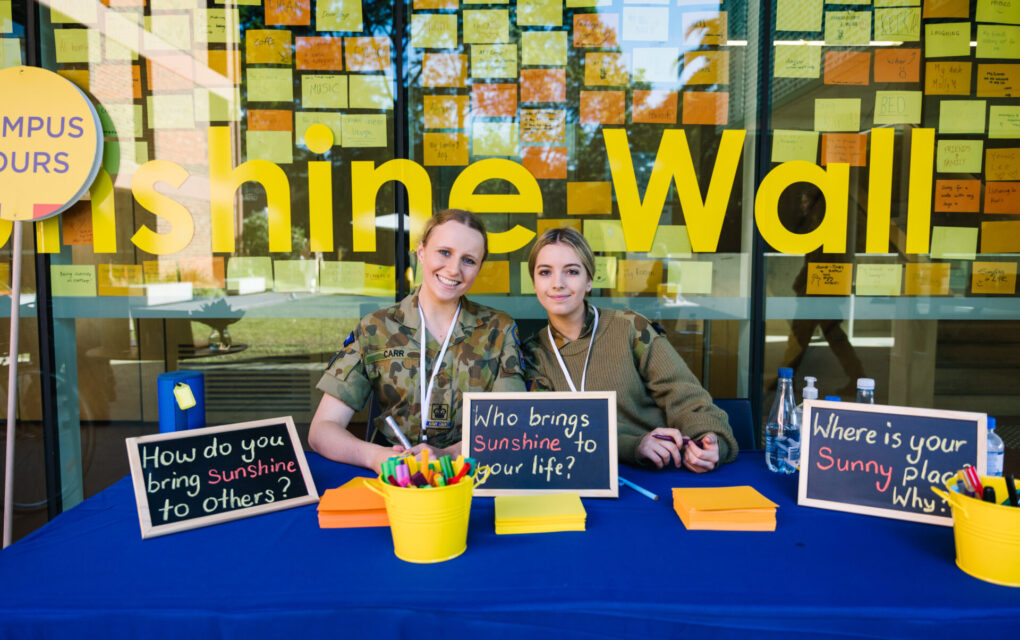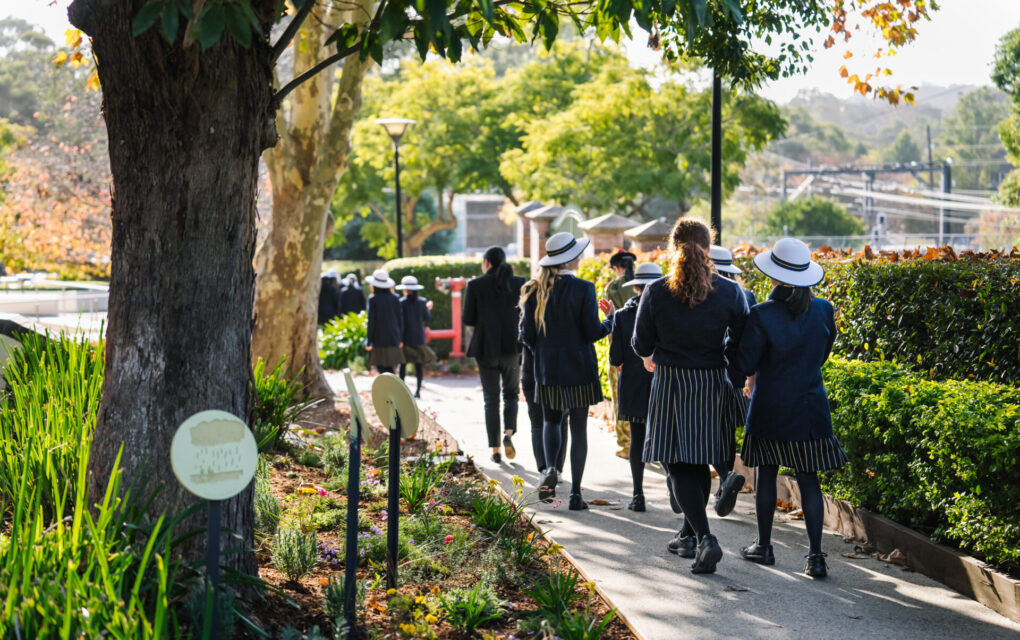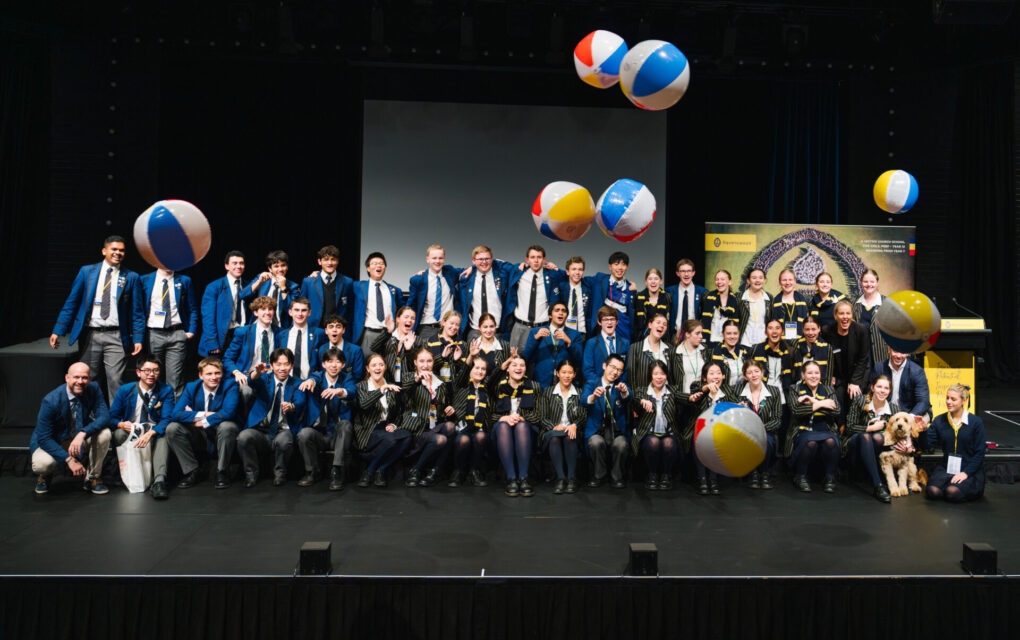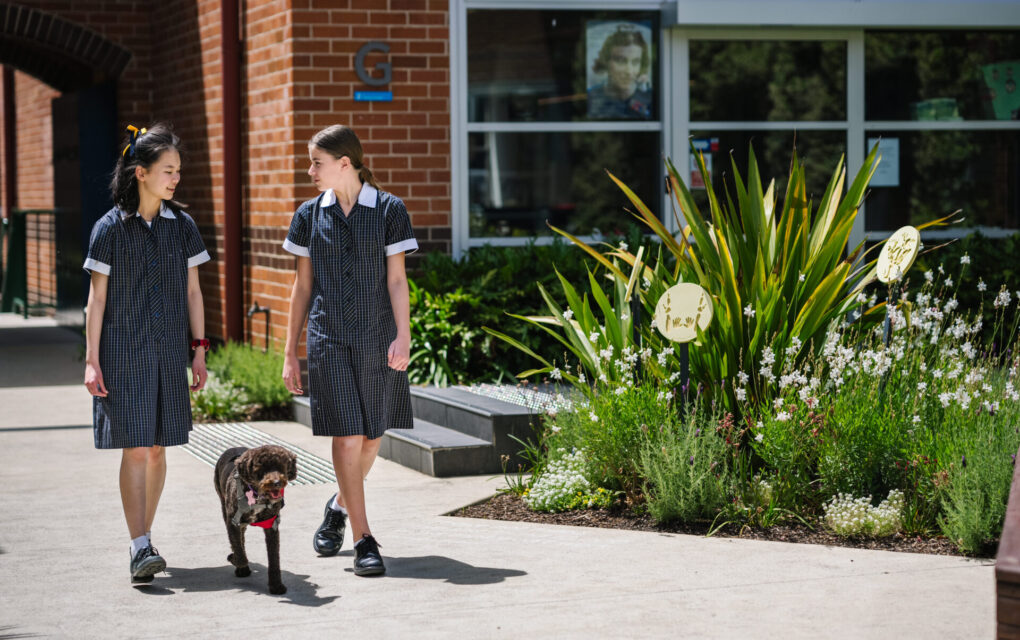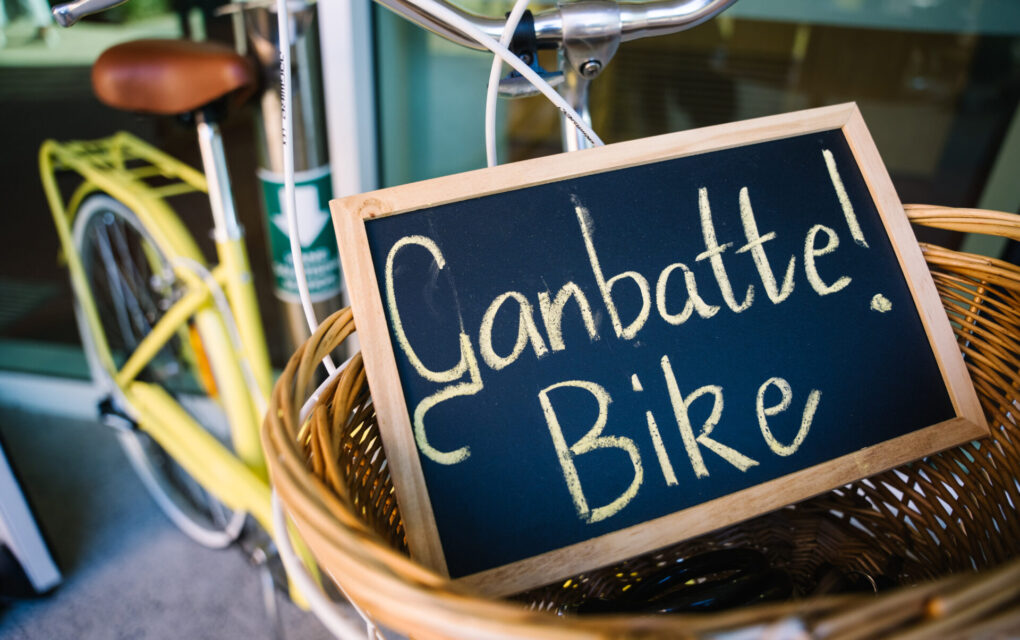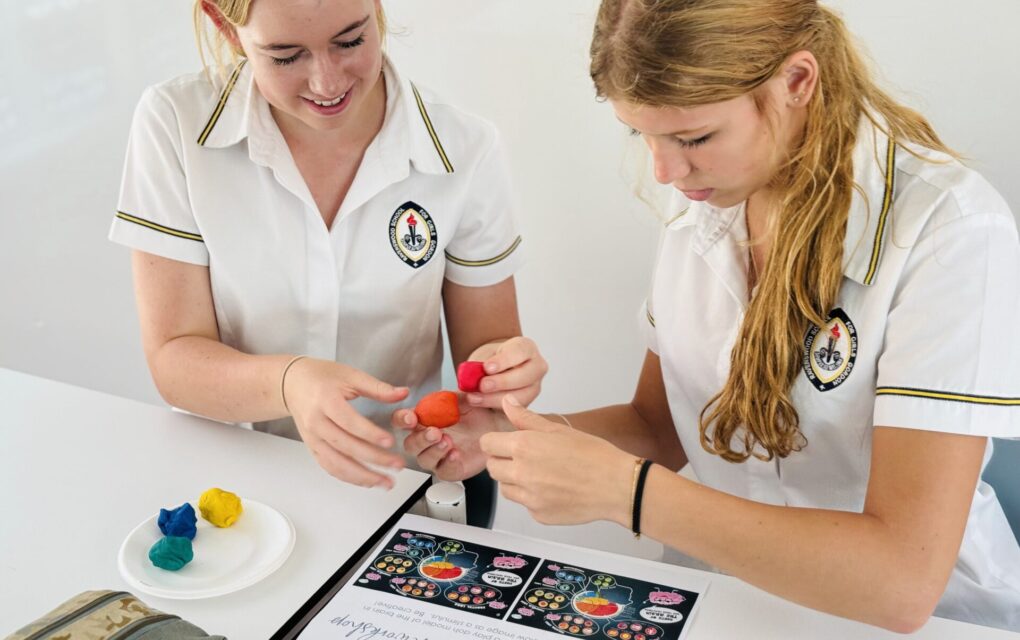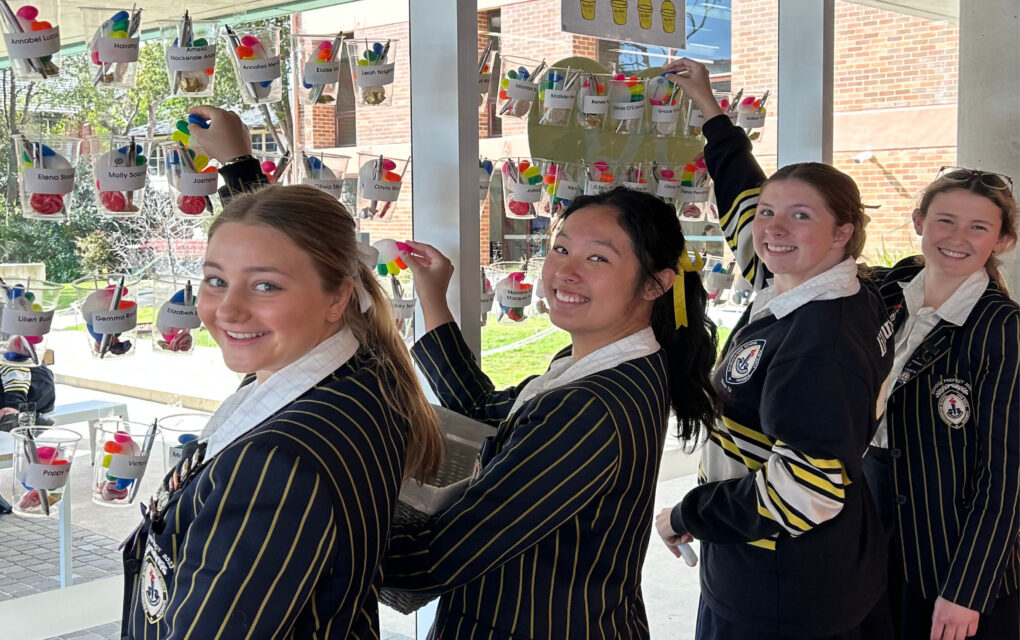At Ravenswood, our student wellbeing program is multi-faceted and permeates all parts of our School community.
We strive to ensure that every wellbeing intervention – whether for students, staff or the whole School community – is intentional and evidence-based, to ensure that we align with global best practice.
We are committed to equipping our students with a ‘wellbeing toolkit’ that works as a protective lever. This is underpinned by the science of Positive Education through the pathway of our comprehensive Positive Education (wellbeing science) Program.
At Ravenswood, Positive Education and wellbeing is not just theoretical but a lived experience. We are intentional in supporting every student to feel a strong sense of agency, perseverance, confidence and compassion.
Ravenswood’s dedication to student wellbeing is reflected in our outstanding results. We witness daily the ‘ripple effect’ of Positive Education on students’ wellbeing and academic success – qualities that are inextricable.
Layers of Wellbeing
Ravenswood’s approach to Positive Education is multi-layered. It comprises a unique, specialised curriculum with explicit Positive Education lessons that are differentiated across Prep to Year 10. We focus on building wellbeing literacy, language, skills, behaviours and mindsets, underpinned by Professor Martin Seligman’s PERMAH framework and Professor Lea Waters Visible Wellbeing Approach.
Our Positive Education Program also includes Mentor Group sessions, student-led wellbeing initiatives, wellbeing programs and a comprehensive student and staff support network.
This is led by our Principal and encompasses class teachers, Mentors, Year Coordinators, the School Chaplain, our team of school psychologists, the Learning Enrichment team, and Daisy and Penny – our two therapy dogs.

Positive Education Curriculum
Over the past eight years, Ravenswood has built its own Positive Education curriculum, which is taught as an explicit subject from Prep to Year 10. The aim is for wellbeing to be a visible and lived experience for every member of the School community and to equip our students with language, actions and behaviours needed to thrive in all aspects of wellbeing – collectively and as individuals.
The Positive Education Curriculum in the Senior School is carefully crafted to support students to develop resilience, perseverance and grit, and cultivate positive relationships with a strong sense of meaning and purpose.
Our curriculum is seamlessly integrated into daily academic life, enriching students’ learning experiences while prioritising their emotional and social development, including through Mentor Group sessions, student-led wellbeing initiatives, wellbeing programs and a comprehensive student support network.
We make wellbeing visible alongside our cutting-edge pedagogy through engaging classroom discussions, lesson intentions, thought-provoking activities and personalised mentorship. Students explore concepts such as educational neuroscience, stress management, emotional regulation and the impact of character strengths on relationships and performance.
Research shows how wellbeing and academic success are intertwined, and our curriculum equips students with the tools and mindset to excel academically and in the many other facets of a flourishing life.
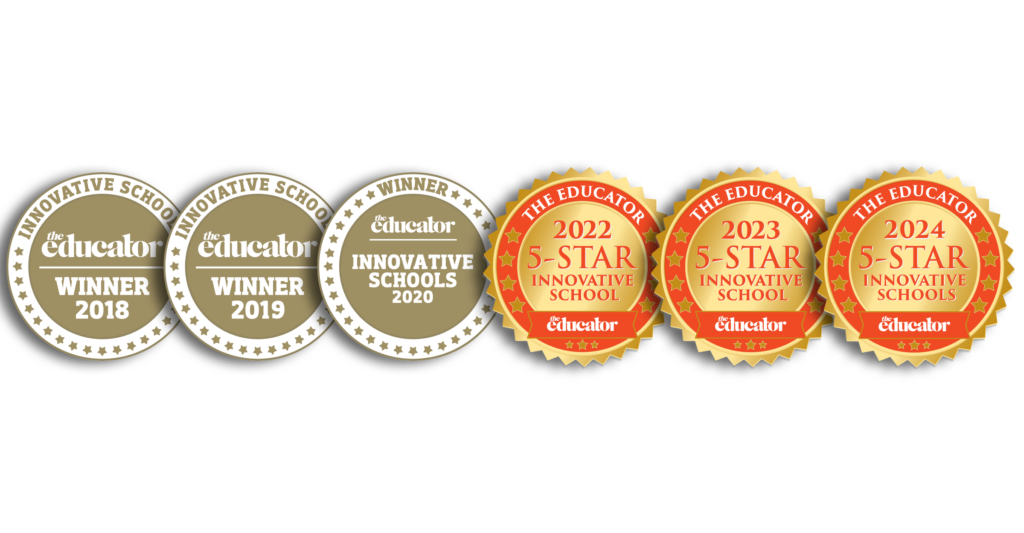

SPARK Mentor Program
The Senior School SPARK Mentor Program complements the Junior School’s IGNITE program and is a vital component of the School’s innovative Positive Education and wellbeing initiative.
‘Sparks’ are brief, 15-minute scientifically grounded sessions designed to activate the pillars of wellbeing through short, science-based activities. They serve as an additional tool for Mentor teachers to promote wellbeing to smaller student groups. Overseen by our Head of Positive Education, SPARK seamlessly integrates wellbeing into students’ educational journeys.
Rooted in evidence-based practices, ‘sparks’ focus on being intentional about bolstering positive emotions; stress management through wellbeing pathways; cultivating micro habits for goal achievement; and fostering high-quality connections.
Sessions, conducted three times a week, enhance overall wellbeing and academic preparedness. As students progress through the School, they encounter targeted programs aligned with key wellbeing frameworks.

